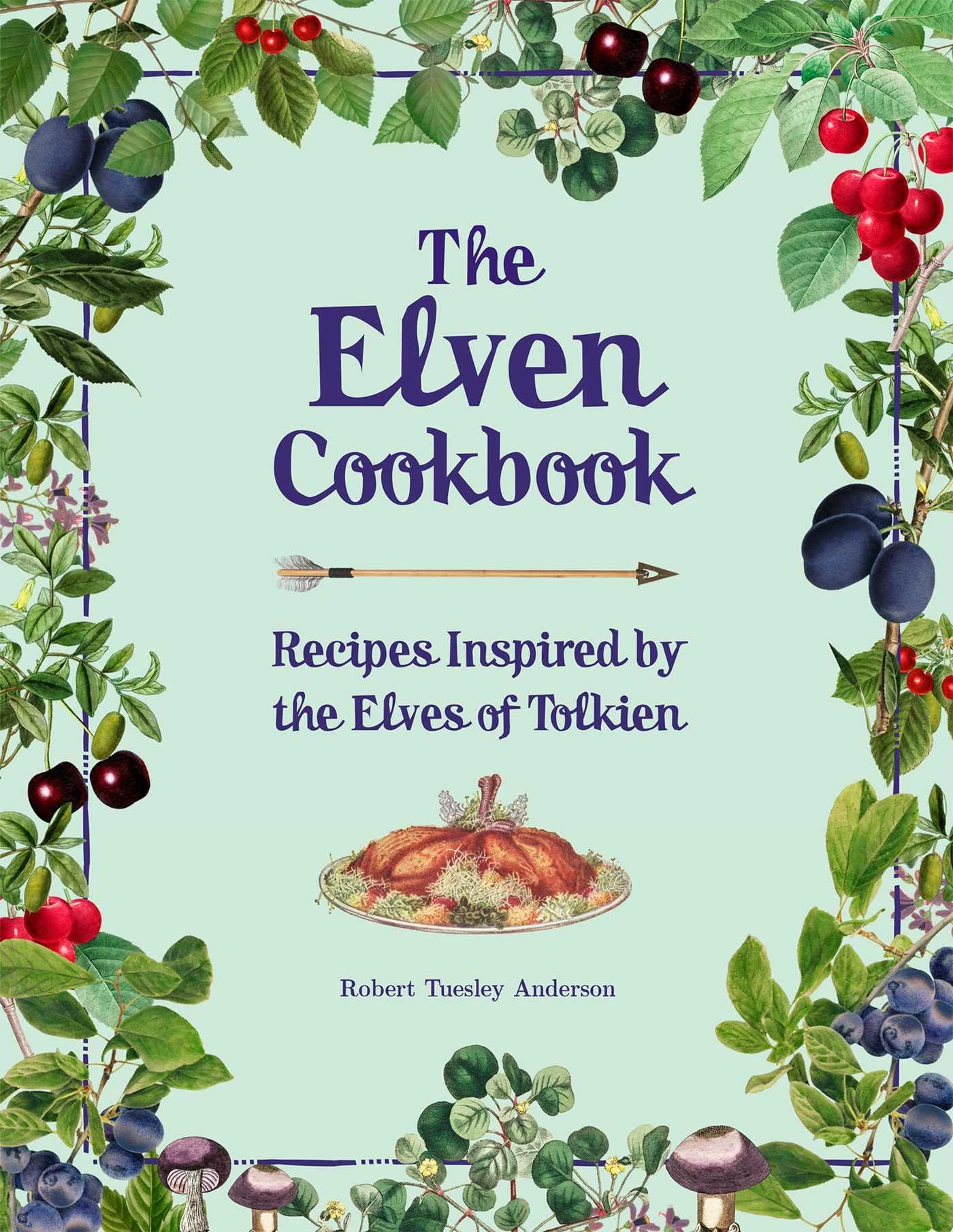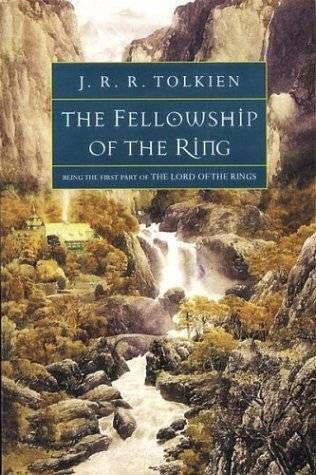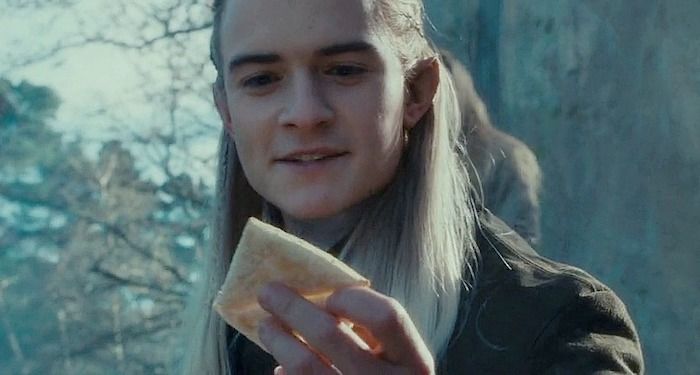
I Tried Cooking Through The Elven Cookbook: Recipes Inspired by the Elves of Tolkien. Here’s How It Went.
I go through waves of enthusiasm with cooking. It usually wanes when I feel like I’m stuck in a rut. This was most common during the pandemic, and I’d been feeling stuck for the past few months. To kickstart my cooking again, I tried cooking through The Elven Cookbook: Recipes Inspired by the Elves of Tolkien by Robert Tuesley Anderson.
The recipes themselves all include an explanation about their relevance to the Tolkien Elves. It’s an interesting survey of much of Tolkien’s Middle Earth lore, without having to dive into The Silmarillion — not that it isn’t fun to read, but sometimes we need to spend our time cooking instead of rereading the story of Beren and Lúthien.
As a cook, I get uninspired rather easily. There’s a joke that goes around Tumblr pretty often these days about the Sisyphean nature of kitchen tasks. Cooking, cleaning, diving for leftovers, and doing it all over again? Endless. Give me a refund on adulthood.
I do actually enjoy cooking, but I need to find ways to re-motivate myself. That’s the benefit of a themed cookbook like The Elven Cookbook. Immersing in a fantasy world while making a meal, snacks, or other staples makes the process feel more intentional. Cooking and food are a gift, and it helps me to take a step back and see it as such. When the hobbits are about to leave Lothlórien at the end of The Fellowship of the Ring, one of Galadriel and Celeborn’s gifts to the hobbits is Lembas, a hearty bread to keep them full while they make their journey to Mordor.
Food is a form of self and communal care. Although we are not as privy to the domestic lives of the Elves, the cookbook writer Robert Tuesley Anderson notes,
“What is certain is that the Elves do eat and drink, and appear to enjoy doing so. Immortal they may be, but they are subject to hunger, as the Exiles’ epic trek across the Grinding Ice in The Silmarillion reveals. And they are fond of eating and merrymaking — there are frequent references to feasts of welcome and celebration in the tales of Beleriand — and from The Hobbit we know that the Elvenking of Mirkwood (Thranduil) is more than partial to a good red wine.” (Same, my friend.)
For my journey into the imagined cuisine of the elves, I started with breakfast. The following recipes are the highlights of my journey into the many cuisines of the elves. Since there are Elvish communities on the water, there are quite a few seafood recipes in this cookbook, but I didn’t try too many of them because I’m not the biggest seafood fan. If that is more your speed and you live closer to the water than I do, this may be the cookbook for you.
First Recipe: Radagast’s Oat Milk
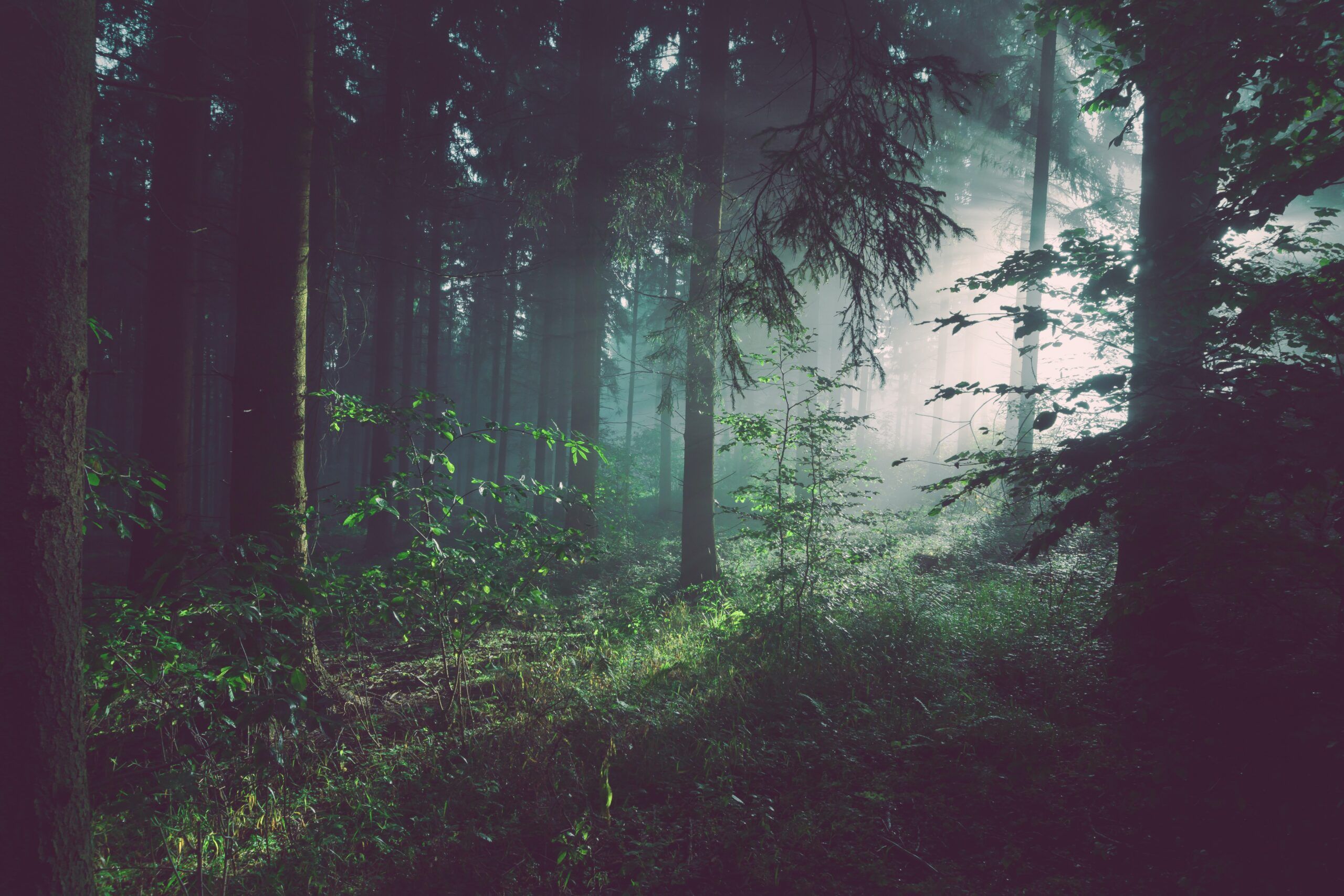
Anderson explains that the Elves of the Great Greenwood (Mirkwood) received glasses of Rhosgobel from Radagast the Brown when they visited him. He notes that the oats “would have been traded through his Northmen neighbors, the Beornings.” This recipe is in the breakfast portion of The Elven Cookbook.
Oat milk itself is very overpriced, so making my own was appealing. After soaking the oats in water overnight, it was a simple process of adding the soaked oats to a food processor with water and pinch of salt, and then straining the liquid through a cheesecloth on a strainer. The oat milk itself ended up being very oaty, as opposed to the sweet, cereal-milk taste of oat milk used in most coffee shops. I did get whole wheat oats, so that’s probably on me. The extra-oatiness of Radagast’s oat milk recipe reminded me of his relationship to the earth and forest-y ways.
Second recipe: Salmar’s Pork and Mushroom Pasta
Salmar is a curious figure in the Tolkien legendarium because he is a Maia who is mentioned only once in The Silmarillion. He is “a Maia who creates his master Ulmo’s sea horns — the Ulmúri — out of conch shells.” For that reason, Anderson included this recipe designed to be made with conch-shaped conchiglie pasta.
The pork as the base is ideal: the fat makes a great base for a delicious, saucy pasta. The pasta shells are a good medium for the pork and the mushrooms because they fall into the openings of the pasta and make the perfect bite. However, this recipe did include heavy cream, which I chose to swap for Greek yogurt.
I had a couple of friends over for a movie night, and to eat the pasta because it was a large quantity. It’s listed in the Main Dishes section of the cookbook, but I think it could fall under Feasting and Sharing. Though we watched Everything Everywhere All at Once instead of one of the Lord of the Rings movies, it felt like a great accompaniment.
Third Recipe: Valinorian Potatoes
Potatoes are iconic in The Lord of the Rings because of Samwise Gamgee, but Anderson argues they must be a huge part of cuisine in Valinor, eaten by Elves and Valar alike.
This recipe is for potato skins with a sour cream dip on the side. If you love potatoes like Samwise and I do, they’re the perfect recipe. The sour cream dip is simple: sour cream, garlic, salt and pepper, and chives. I will definitely use this recipe again. Even though I have some sensitivity to dairy, I will push through for a delicious dip.
Potato skins are a fun recipe, but you do end up with leftover potato insides. I ended up making them into hashbrowns the next day. They served the purpose very well.
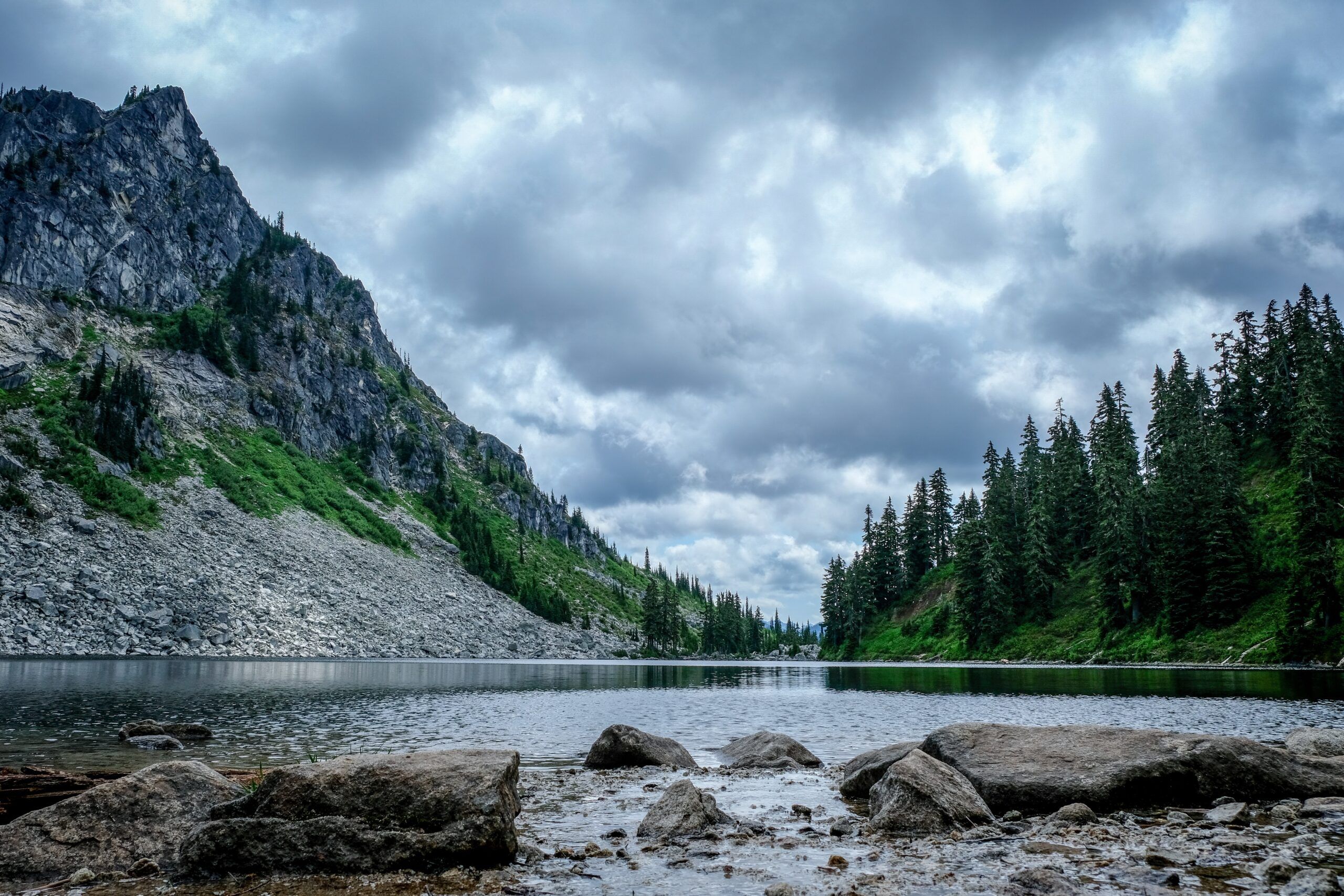
An overall Elvish experience
Spending time with this cookbook did give me some excitement about cooking again. It’s not a beginner-focused cookbook. You definitely have to know the idiosyncrasies of your own oven and have a good sense of how you like your food to be cooked. I also tend to like my food a bit spicier than recommended in the recipes in this book. I always double the garlic (who doesn’t love garlic), and I tend to add paprika and cayenne pepper when possible. This is another important facet of cooking: you have to try and fail through various recipes to figure out the best ways to prepare your foods. I do like to follow recipes, but occasionally I know what I like slightly better than a cookbook writer I’ve never met.
The work of J.R.R. Tolkien and its media is back in the news because Discovery Inc. CEO David Zaslav tried to sound proactive on an earnings call and announced more Lord of the Rings movies would be coming. With the Amazon series Rings of Power chugging away on season two, what exactly does this mean for Tolkien fans? If the movies do come to fruition and Discovery Inc./Warner Bros./whatever it’s called doesn’t have to go through another lawsuit with the Tolkien Estate (or settles out of court), it obviously means more content for fans.
The constant stream of movies and television for the worlds we love feels more like a chore than anything else these days. We all know what happened with those fecking Hobbit movies. I have fallen behind on the Disney properties, Marvel and Star Wars specifically, though both defined a huge part of my young life. It took me months to sit down and watch Rings of Power. My final review: I kind of liked parts of it? I’m still mulling it over. Maybe this is another Sisyphean task of adulthood: cursed to watch our favorite media repackage and repeat itself forever.
However, I do love the Peter Jackson movie trilogy from the early 2000s. They came out when I was young and my family loved watching them together. Though I maintain those movies are excellent, maybe it was less about the movies and more about being with the people I love while I watched them.
I think fandom is a process of collective authorship and mythology. This quotation from Henry Jenkins makes its way onto my Tumblr pretty often as well: “Fanfiction is a way of the culture repairing the damage done in a system where contemporary myths are owned by corporations instead of by the folk.” When corporations own the televisual and cinematic rights to our favorite media, does that really mean they’re in charge of what it means? It definitely means they make the most expensive version of the media, but expensive hardly equals definitive in my book.
If we want to continue to participate in fandom and co-create what it means together, maybe we could share an unofficial cookbook and joke about how the russet potatoes I got at Key Food are actually descendants of the roots of Valinor.



